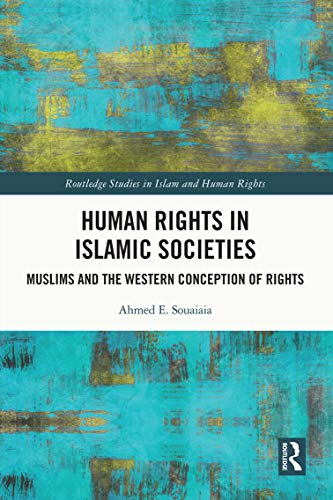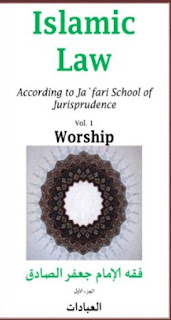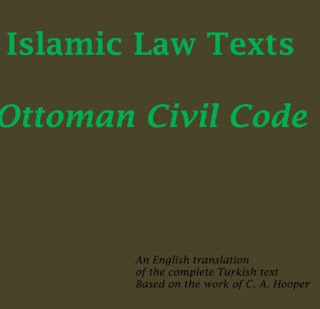Inheritance Of The Two Spouses
Jurists agree that each of the spouses share with all the heir the inheritance without any exclusions. They also agree that the husband gets half the estate of the wife if she does not have a child from him or from someone else other than him. He shall get one fourth (1/4) if she does have a child from him or from someone else. They also agree that the wife gets the fourth if the husband does not have a child from her or from someone else, otherwise the eighth (1/8) if he does have a child from her or from someone else.
Jurists of the four say: What is meant by a child here is the deceased’s own child and his son’s child --males and females-- only. The daughter’s child however, would not prevent one of the spouses from getting the upper share. In fact Sháfi`ís and Málikís say: the daughter’s child does not inherit and does not bar because he/she is one of Dhawee al-Rahim.
Imámís say: What is meant by “child” is the free sense of child, the child’s children --males and females. Therefore, the daughter’s daughter --just like the son-- bars any one of the spouses from his upper share and reduces it to the lwer share.
If there are more than one wife, then they shall share --equally-- the fourth or the eighth.
Jurists concur that if the man divorces his wife a revocable divorce and one of them dies during the waiting period, then they inherit one another as if there was no divorce.
Jurists disagree whether the remainder of the set share of one of the spouses is to be returned on him or it should be given to the treasury if there are no other heirs?
Jurists of the Four say: It shall not be returned on the husband nor on the wife. (al-Mughni)
Imámís were divided into three groups over the issue:
One group says: It shall be returned to the husband but not to the wife. and this is the famous view adopted by jurists.
Second: It shall be returned to the wife or to the husband with no condition and in all case.
Third: It shall be returned to either of them if there is no Just Imám --As is the case right now. It shall be returned on the husband and not the wife if there is a just Imám. This was the opinion of al-Sadooq, Najeeb al-Deen Ibn Sa’eed, Allamah al-Hilli, and the First Martyr. Their argument was the reported traditions some of which indicated that it shall be returned on the wife, while some indicated that it shall not be returned to the her, hence we take the first in the context of the non-existence of the Just Imám while the second in case of his existence.




0 comments:
Post a Comment